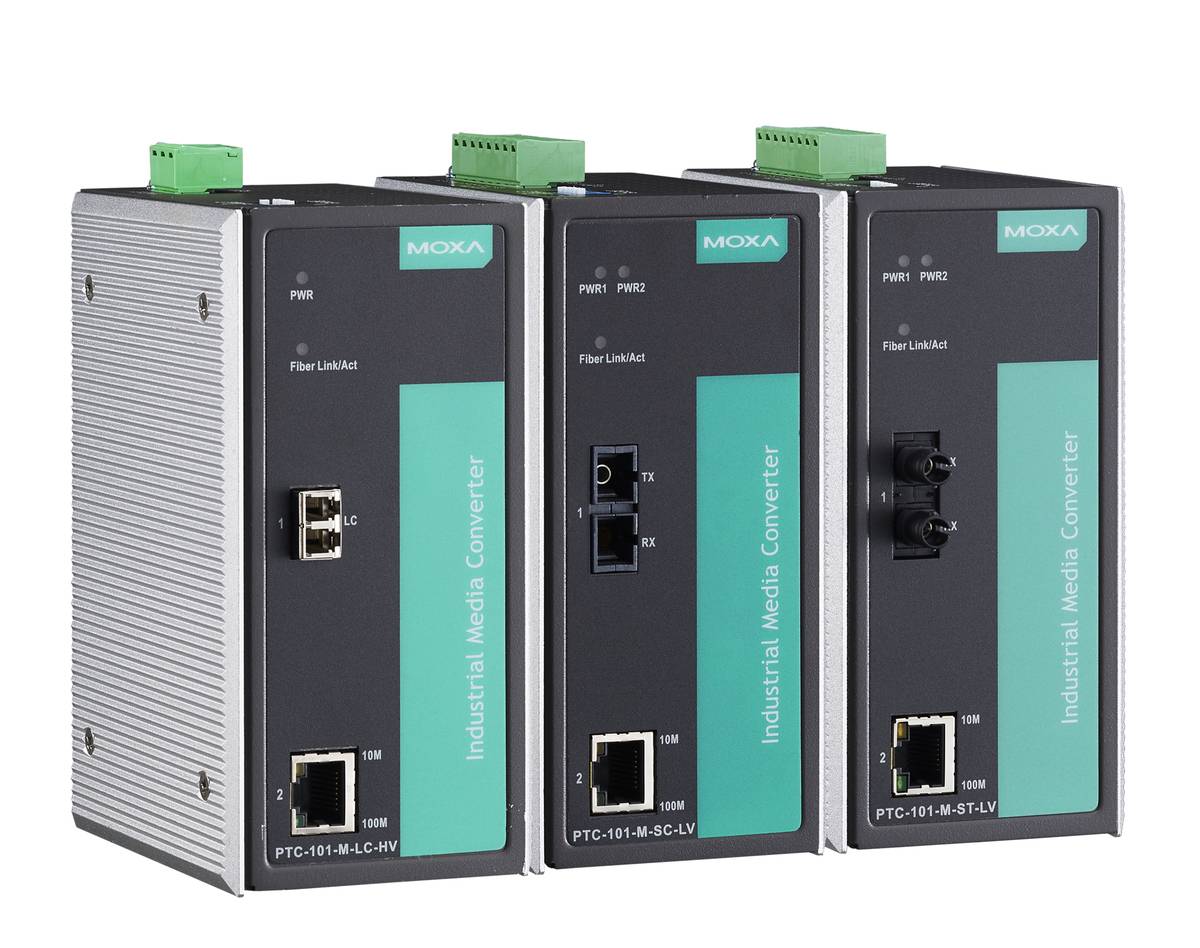What Is An Industrial Media Converter And What Are Its Applications?

A media converter is a device used to connect different types of network media, such as fiber optic cables and copper cables. It can be used in various industrial applications, such as building automation or process control. In this blog post, we’ll take a look at what an industrial media converter is and examine some of its potential uses. We’ll also discuss the benefits of using one and the potential drawbacks to keep in mind before investing in one for your specific project.
What is an industrial media converter?
An industrial media converter is a type of device that is used to connect two different types of communication networks or devices. For example, you can use an industrial media converter to connect a Local Area Network (LAN) to a Wide Area Network (WAN).
Industrial media converters are typically used in mission critical applications where there is a need for high reliability and uninterrupted operation. These converters are designed to operate in extreme temperature and vibration conditions. They also have built-in surge and EMI protection to ensure that your devices are safe from electrical interference.
There are many different applications for industrial media converters. Some common examples include connecting Ethernet devices to Fiber optic networks, connecting old legacy equipment to new network infrastructure, or connecting two different types of fiber optic cable.
If you need to connect two different types of networks or devices, an industrial media converter is the ideal solution. These converters are designed for high reliability and can withstand extreme conditions. There are many different applications for industrial media converters, so you can find the perfect solution for your needs.
How does an industrial media converter work?
An industrial media converter is a device that helps to connect different types of equipment and devices by converting the signals between them. The most common type of media converter is an Ethernet media converter, which converts signals from Ethernet to another type of network such as fiber optic or Token Ring. There are many different applications for an industrial media converter. Some common uses include:
–Converting Ethernet to fiber optic signals in order to connect two devices that are not physically close to each other
-Allowing different types of equipment to communicate with each other by translating the signal between them
-Increasing the speed of data transfer between two devices
-Creating a backup connection in case the primary connection fails
What are the benefits of using an industrial media converter?
An industrial media converter can offer many benefits over a standard media converter, including increased durability, support for a wider range of input/output options, and greater flexibility in terms of installation. Additionally, industrial media converters can often be used in harsher environments than their standard counterparts
What are some of the most popular applications for industrial media converters?
Industrial media converters are used in a variety of applications, including:
-Connecting Ethernet devices to fiber optic networks
-Converting between various types of optical fiber
-Converting signals from digital to analog or vice versa
-Extending the reach of Ethernet networks
-Providing redundancy and failover capabilities in mission critical applications
Conclusion
Industrial media converters are an essential part of any industrial network infrastructure, providing the necessary connections between different types of hardware. They are designed to be rugged and reliable, making them ideal for mission-critical applications in harsh environments. Industrial media converters e Its Applications? can help you achieve greater flexibility in your networks, allowing you to connect disparate devices with ease. With its wide range of features and capabilities, it is no wonder that industrial media converters have become a popular choice for many businesses around the world.